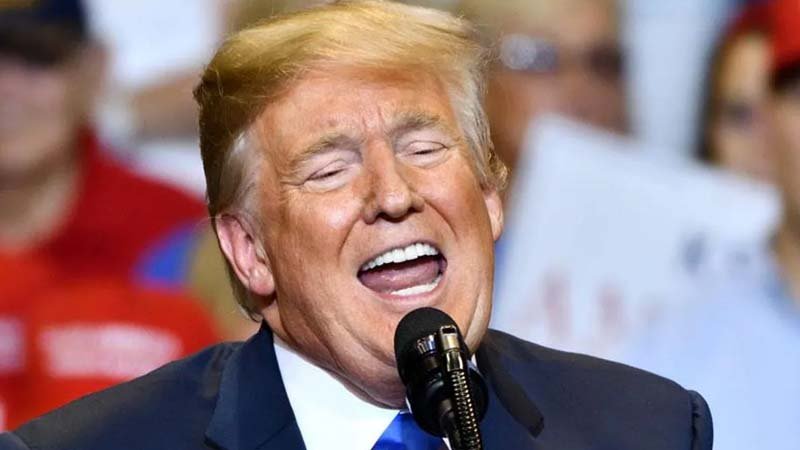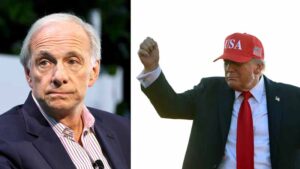
(Evan El-Amin / Shutterstock.com)
On Thursday, NPR took a closer look at one of President-elect Donald Trump’s controversial policy ideas, which experts argue is highly unlikely to succeed if ever implemented. Specifically, Trump’s proposal to address homelessness, drug addiction, and mental illness by resurrecting mental institutions has sparked skepticism among professionals in the field.
Experts are questioning Trump’s solution, with some fearing it could lead to disastrous outcomes. Trump has suggested that, in the absence of adequate mental health facilities, homeless individuals could be sent to government-sanctioned tent cities. Keith Humphreys, a psychology professor at Stanford University, expressed grave concerns about this approach, calling it “hell on earth” for those placed in such conditions.
“It may make everyone else feel comfortable, but for the people who are in that one place, it turns into hell on earth,” he said, highlighting the potential dangers of isolating vulnerable individuals in such environments. Humphreys also pointed out that Trump may lack the legal and logistical tools needed to enforce his proposed policies. “From Washington, you actually don’t have many law enforcement tools to affect street disorder in cities,” Humphreys explained.
He added that federal agents are not equipped to handle the complex issues surrounding homelessness, mental illness, and addiction in urban settings. “They don’t do things like grab a homeless person off a street corner in Chicago who’s causing trouble because they’re mentally ill or they’re addicted or both,” he said, emphasizing the limitations of federal intervention, told by MSN.
Additionally, Humphreys warned that Trump’s broader policy agenda could exacerbate the very problems he seeks to address. Should Trump move forward with efforts to repeal the Affordable Care Act, Humphreys cautioned that homelessness and mental health issues could become even more entrenched. “These problems are going to get worse,” he stated, stressing the importance of preserving healthcare access for vulnerable populations.
Overall, while Trump’s proposal may sound like a simple solution to a complex issue, experts argue that it risks worsening the situation for homeless and mentally ill individuals, rather than offering any real progress.


